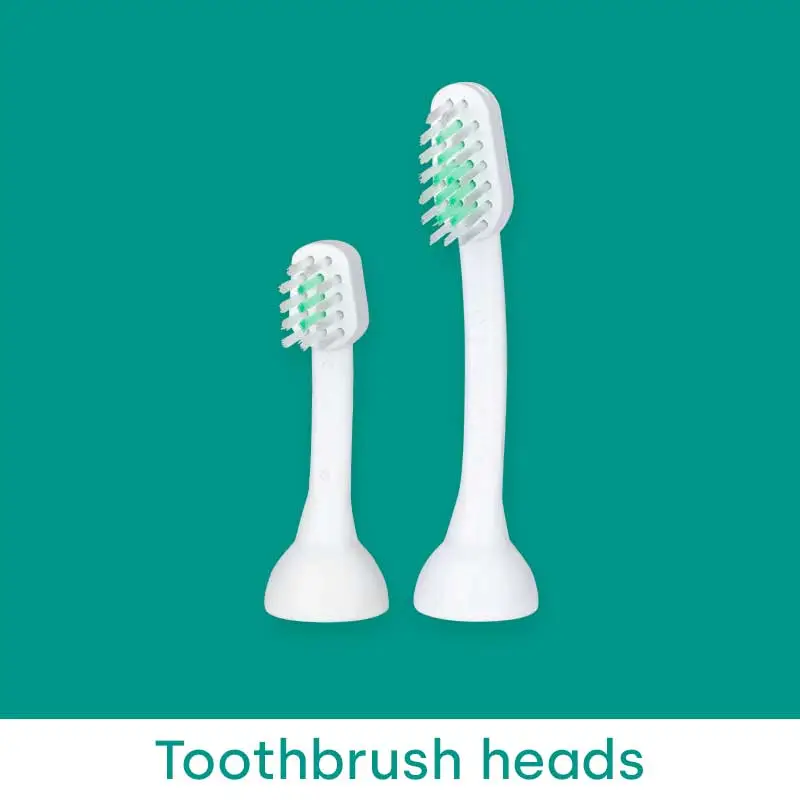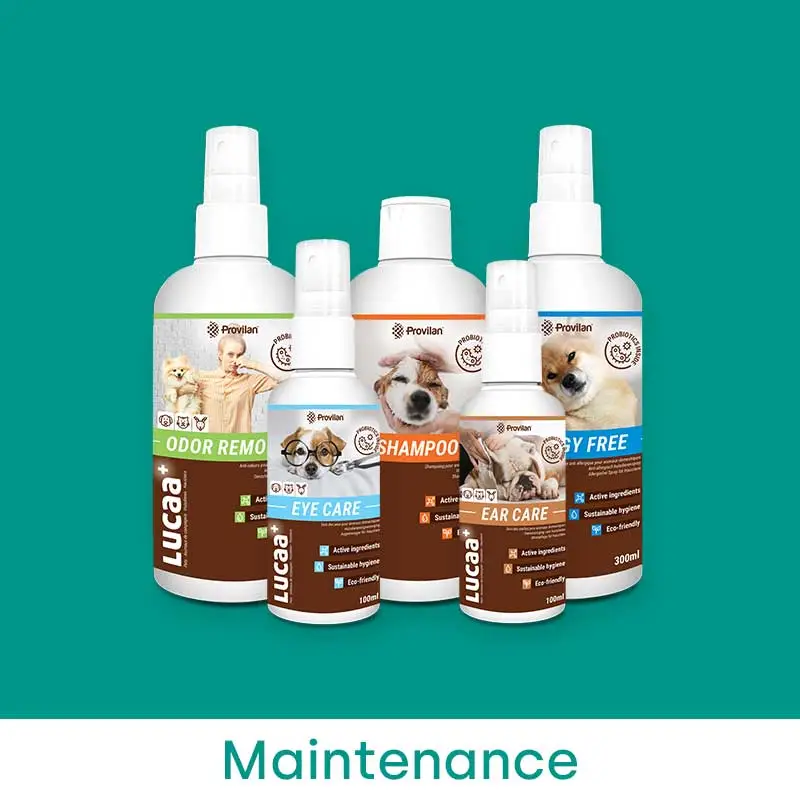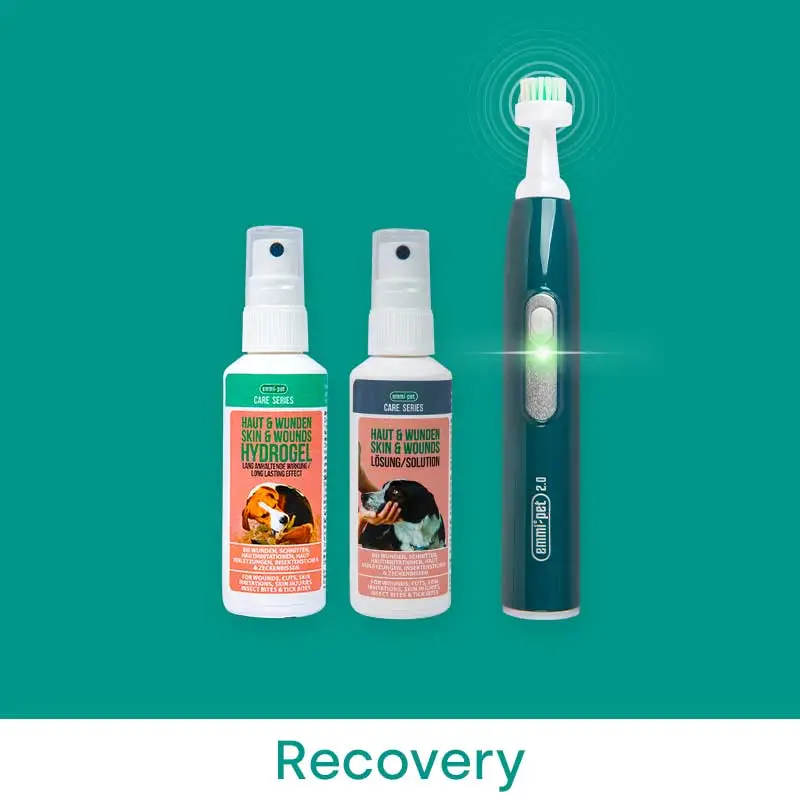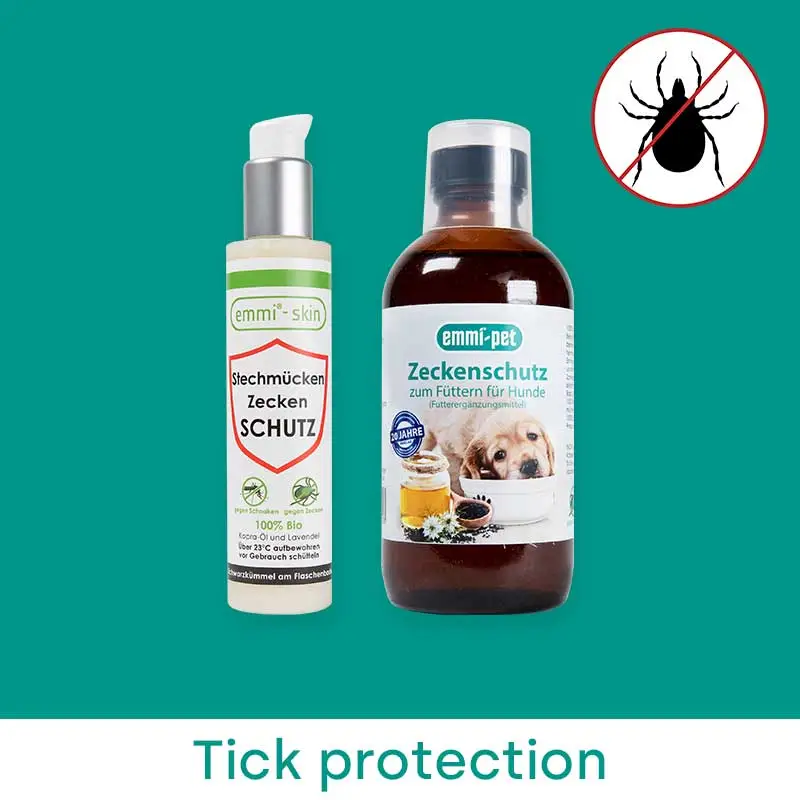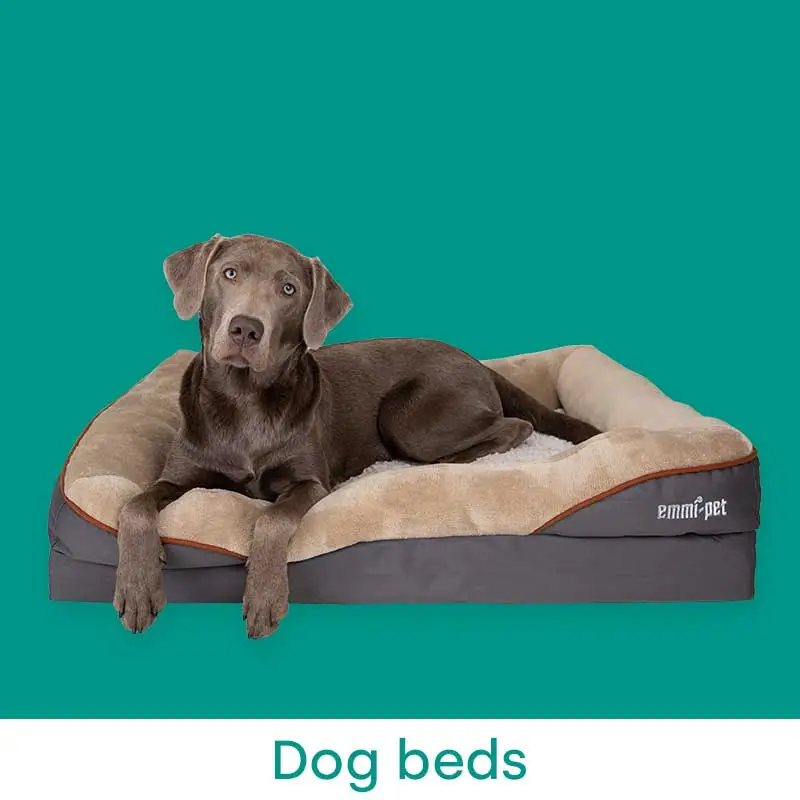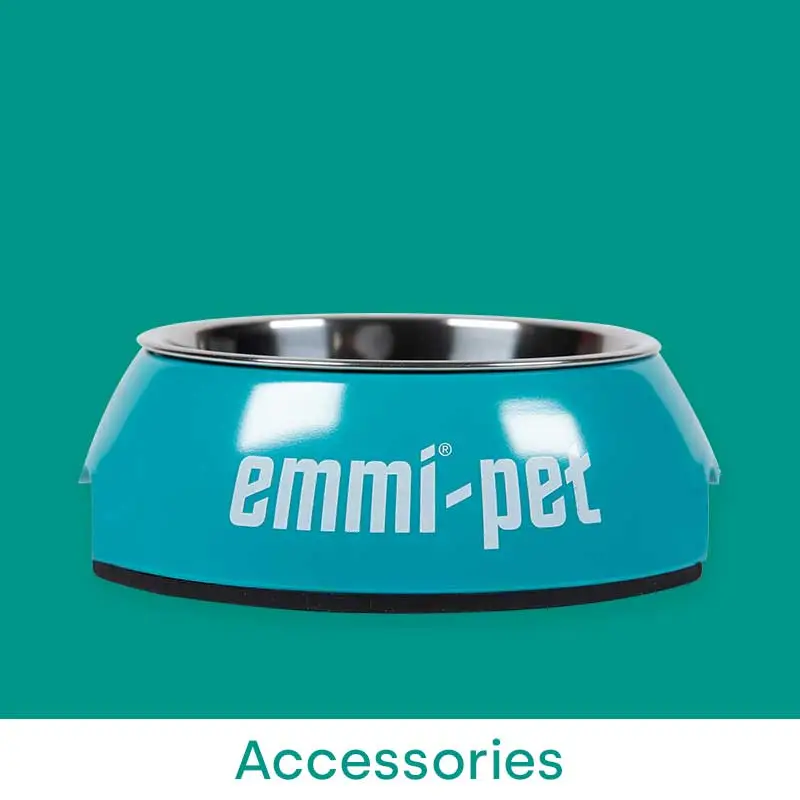
Have you ever thought about how important regular health checks are for dogs? Such checks are crucial to keeping your four-legged friend fit and healthy. Imagine if you could recognise many problems early and act accordingly before they become serious. Why is this so important? Our little guide will show you how you can easily check your dog's health.
With just a few simple steps, you can ensure that your dog is in good health even in old age. Because even an older dog can stay fit and agile for a long time with the right care. This article offers you valuable tips for recognising problems at an early stage. But be careful, as these tips are no substitute for an annual health check by a professional.
Preparations for the health check
Before you carry out a health check on your dog, a little preparation is necessary. Take time to create a calm environment and have all the necessary utensils ready - this is the first step. Soft cloths and claw clippers are essential.
A little tip to get your dog used to regular examinations: Associate them with something positive. Treats often work wonders! It's important that the experience remains stress-free for your dog. Dogs are smart and remember unpleasant experiences, so a positive approach is key.
Remember: aren't regular health checks a great way to take preventative action? Frequent check-ups help to identify and treat problems early on. This way you can ensure that your dog stays healthy and lively.
If you are unsure, don't hesitate to visit a veterinary practice. Sometimes professional advice is essential to ensure your dog's health. Early care can be crucial. An annual health check ensures that your dog is well looked after and that its well-being is always at the forefront of your dog's mind.
Instructions for the home health check
Start with a thorough examination of your dog's ears. Look for cleanliness and unusual odours that could indicate problems. Have you ever thought about your four-legged friend's fur? Fleas and ticks often find shelter in thick fur. A close look can work wonders here and reveal early signs of parasites.
Next, you should carefully inspect the mouth area. Are your dog's teeth nice and white? Tooth discolouration or cracks could indicate problems. Also pay attention to the gums: a healthy pink colour is ideal, any other colour could indicate dental problems. By the way, when was the last time you checked your dog's claws? Claws that are too long can cause pain or injury.
Regular weight checks are also essential. Has your dog gained or lost weight recently? Fluctuations in weight are important indicators of your pet's overall health. Our pets often only need a little attention to recognise health problems at an early stage.
Here is a list of the most important points for an effective health check:
- Check ears for cleanliness and odours.
- Check coat for parasites such as fleas or ticks.
- Check teeth and gums for discolouration and cracks.
- Trim claws regularly.
- Monitor weight.
- Pay attention to changes in behaviour.
- Use digital aids.
- Contact your vet if you are unsure.
These measures will not only strengthen your dog's health, but also your bond.
Recognising changes in behaviour
Recognising changes in behaviour is crucial for your dog's well-being. Have you noticed that he suddenly plays less or sleeps more? Maybe he's drinking more than usual or withdrawing? Such surprising changes could indicate health problems. It is therefore particularly important to be attentive during a health check for dogs.
Why? Because behavioural changes can often be the first sign of stress or pain. For example, an older dog may walk with less enthusiasm, which can be a sign of incipient arthritis. Another might signal kidney problems by drinking more. Regular health checks help us to recognise such signals at an early stage.
And if you're wondering whether you can manage this on your own - don't worry! Our veterinary practice is always on hand to help you if you're unsure. A good guide or a chat with other dog owners can also be helpful.
Physiotherapy for animals can provide additional support, especially in the case of movement restrictions. Bear in mind that these changes can occur not only in a younger dog. The older your four-legged friend gets, the more important these checks become. Regular health checks are our most important tool for a happy and healthy dog's life.
Use of digital tools
Using digital healthcare products can make it much easier to monitor your dog's health. Which digital tools can make everyday life easier? Apps and online tools have become indispensable helpers in everyday life. With their help, you can always keep track of your faithful companion's health from the comfort of your own home.
Some apps offer extensive functions for documenting health data and can even analyse behavioural patterns - almost like a little guidebook in your pocket! They remind you of the annual health check or the next vet visit, which is particularly handy if you want to react early to potential problems or changes.
GPS trackers are another useful tool to help you monitor your dog's daily activity. This is especially beneficial for older dogs who may not be as active.
An exciting new field is digital support in physiotherapy for animals. With professional videos and tutorials, you can perform targeted exercises at home to keep your dog fit and agile.
The combination of technology and health monitoring opens up new opportunities for us to supplement traditional veterinary care. Digital aids are not only interesting for technology enthusiasts, but also offer valuable support for every dog owner when it comes to preventive healthcare. Use these innovative tools to ensure a comprehensive health check for your dog.
When you need professional help
As soon as you notice something unusual in your dog, you should consider visiting the vet. Symptoms such as blood in the faeces or swollen gums are clear alarm signals that should not be ignored. Noticeable changes in behaviour such as increased drinking or withdrawal could also indicate health problems.
Sometimes it's not easy to find the right words when you visit the vet. But effective communication can make all the difference. Prepare yourself by writing down questions and observations. A precise description of your dog's symptoms will help you to make an accurate diagnosis.
The annual health check should of course also be included. It is an important addition to the preventive measures you take at home and can help to recognise and treat hidden illnesses at an early stage.
Our guide emphasises the importance of paying attention to small details that could indicate health problems. Trust your instincts and pay attention. If you are unsure, a visit to the vet is always a good decision.
Taking your dog to the vet not only improves their quality of life, but also gives you peace of mind. Your faithful companion will stay fit and healthy - and you can rest assured that you are doing the best for them.
Conclusion: Health check at home
At the end of a health check on your dog, the focus is on recognising changes at an early stage. But what should you pay particular attention to? Regular check-ups are crucial for identifying potential health problems at an early stage. Take the time to carefully examine your dog's ears, coat and claws. In addition to these physical aspects, you should also keep an eye on behavioural changes. If your dog suddenly becomes calmer or changes its eating behaviour, this could be a sign of health problems.
Today, digital tools offer amazing support. There are apps that can help you recognise patterns in behaviour or schedule the annual health check. GPS trackers also give you an insight into your dog's daily movements. But don't forget: technology cannot replace a visit to the vet.
Our article emphasises that preventative care for pets not only improves their quality of life, but also gives you peace of mind. A healthy level of attention and a watchful eye are crucial. If unusual symptoms occur, do not hesitate to call in a professional.


